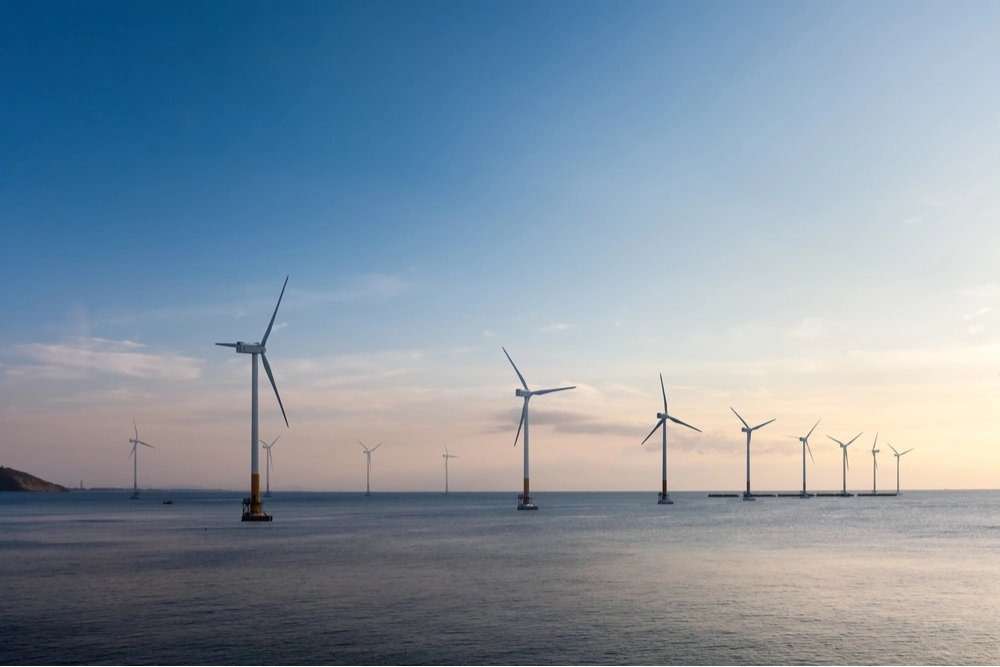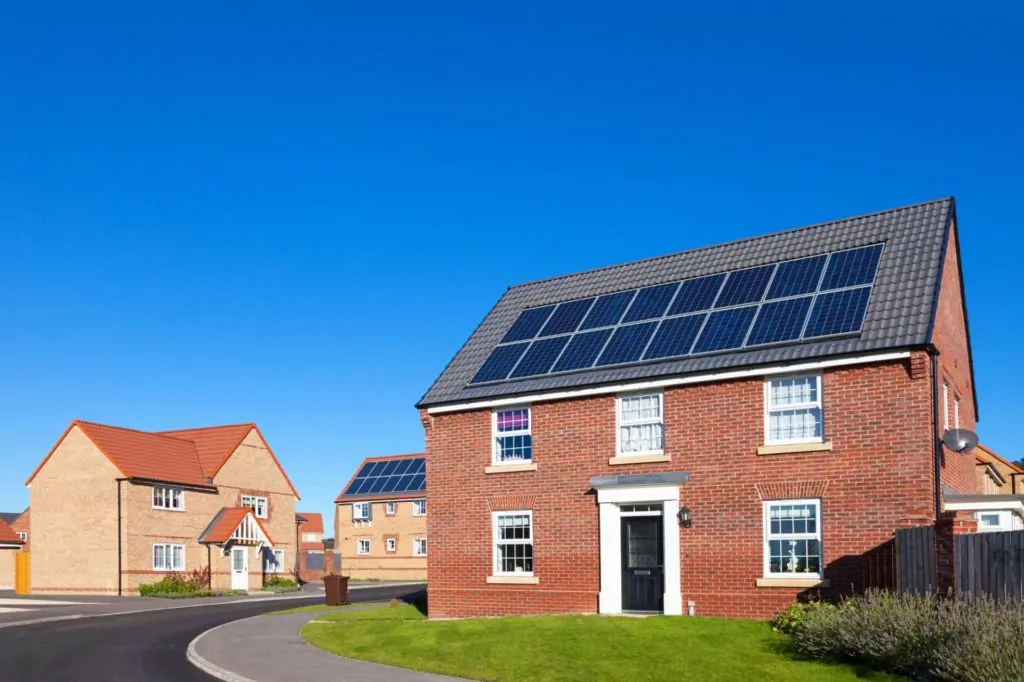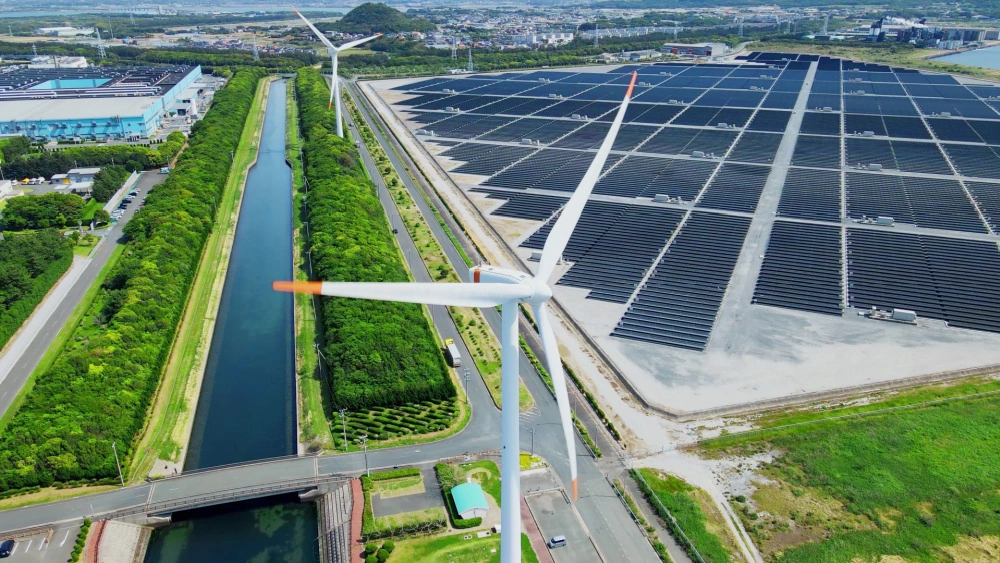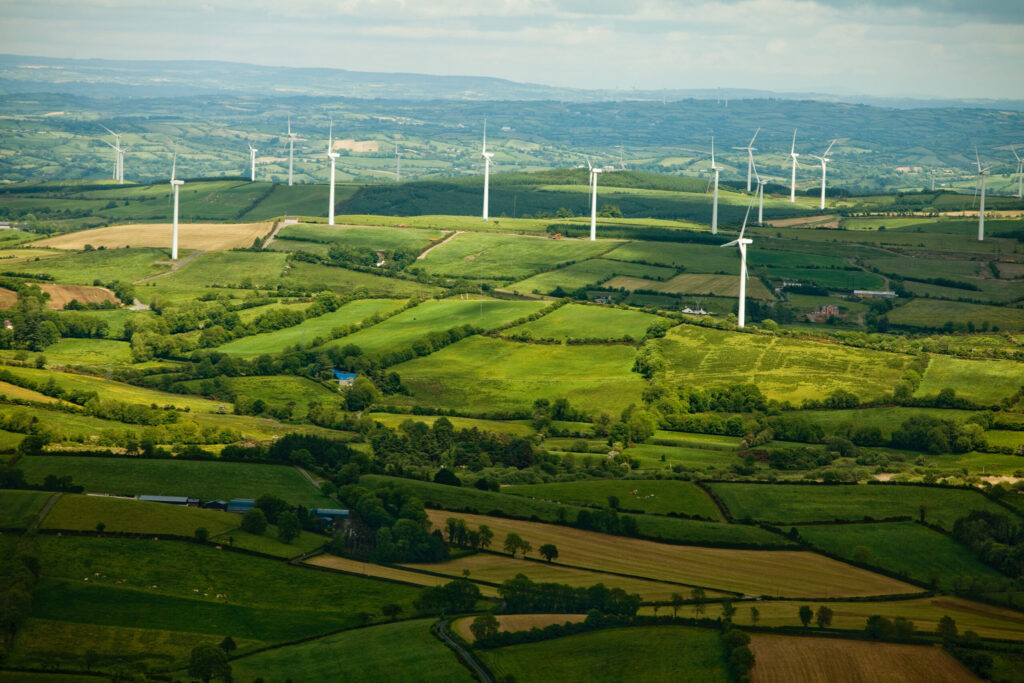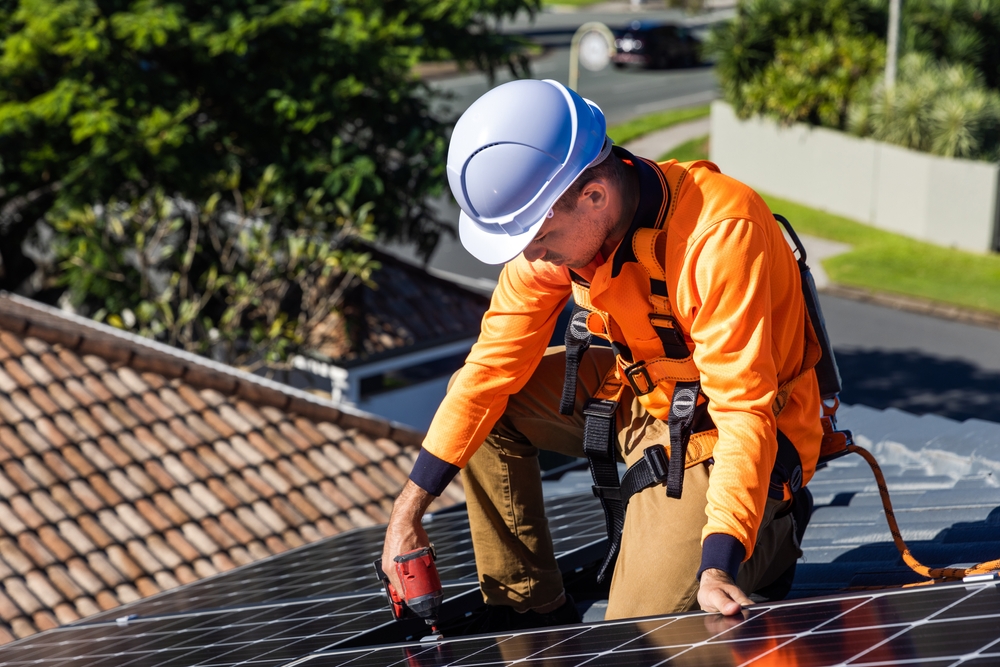
Road to net-zero: Is the government rowing back on its commitment to electric vehicles?

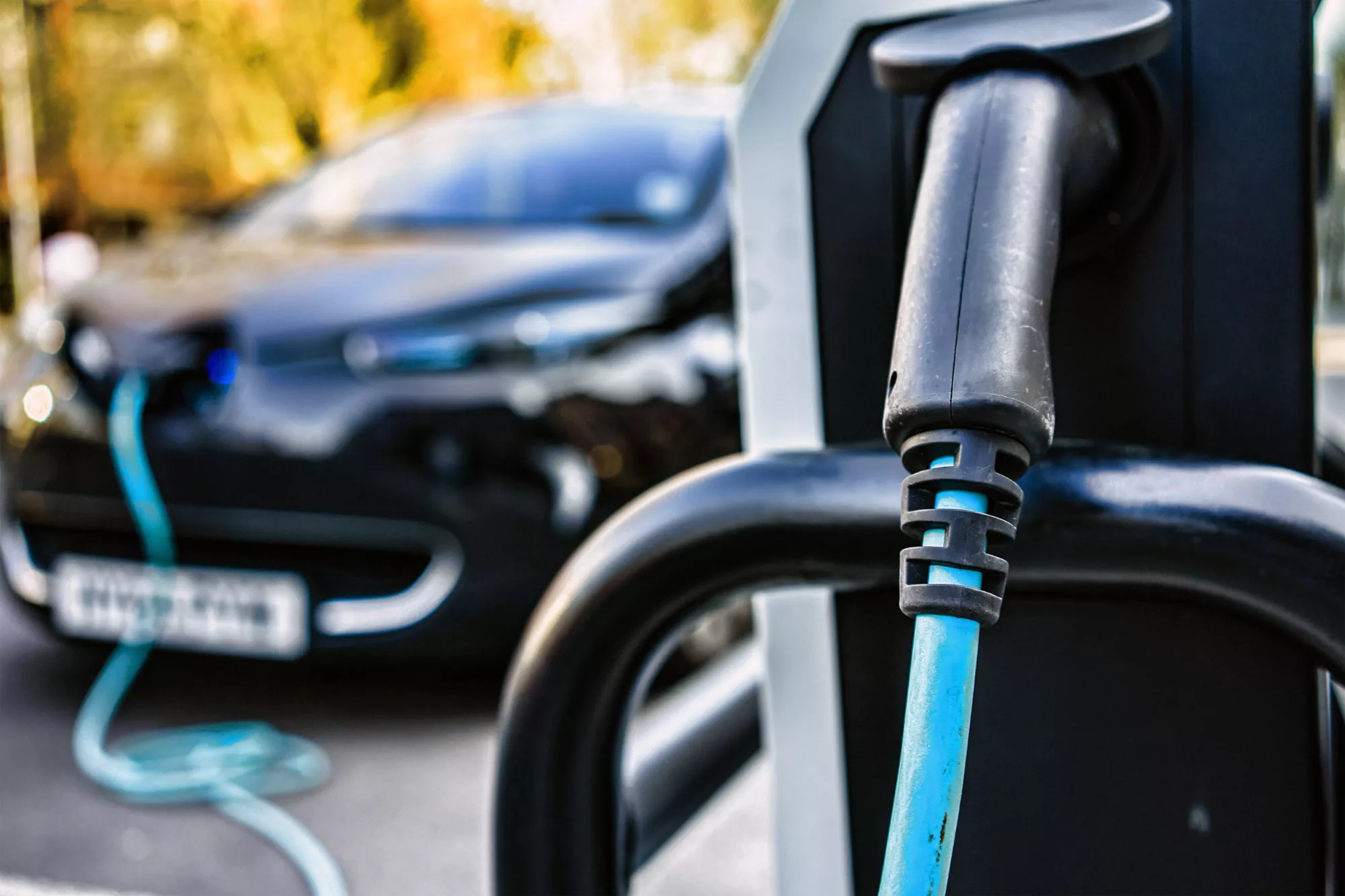
The UK Government has announced a series of changes to its electric vehicle (EV) policy aimed at supporting the car industry amid new US tariffs and the ongoing transition to net-zero. Our article explores the new measures and their likely impact.
Government eases EV targets
On 7 April 2025, the Government announced a relaxation of electric vehicles sales' targets in response to the imposition of up to 35% tariffs on UK car sales to the US, in an effort to support the UK's car manufacturing industry. The US is the second largest export market for the UK car industry, behind the EU.
The ban on the selling of new petrol or diesel cars from 2030 (reinstated by the Labour Government) will remain, but manufacturers will have more flexibility and will face reduced fines for not hitting EV sales targets. At present, 28% of new cars sold in the UK must be electric and this requirement will rise (albeit incrementally) annually to 2030. A £15,000 fine for each vehicle sold which does not satisfy the required emissions standards will be cut to £12,000 per vehicle.
Some smaller firms, such as Aston Martin and McLaren will be allowed to continue to sell petrol cars beyond 2030 because they manufacture a small number of vehicles annually. The Government has introduced this exemption to preserve these iconic British car brands.
The sale of hybrid vehicles will also be banned from 2035 to "help ease the transition and give industry more time to prepare". Petrol and diesel vans will be permitted to be sold until 2035, in a move intended to support businesses.
EVs and the road to net-zero
Reactions to these announcements are mixed. The chief executive of the Society of Motor Manufacturers and Traders said the changes are "very much needed". Others have taken a less favourable approach, such as the chief executive of Vertu Motors who claims: "nothing has really changed here – this is just tinkering… the government has gone for hope over reality". The reality is that stakeholders with differing and often conflicting interests will face wins and losses with the Government aiming to both grow the economy, whilst also trying to accelerate a significant industry pivot from traditional vehicles to EVs.
In the October 2024 budget, the government pledged £2.3 billion towards tax breaks for people buying EVs and for the improvement of charging infrastructure. The Government claims that a new EV charge point is installed every 30 minutes and intend to continue to stimulate the roll-out of EV charging infrastructure.
Our thoughts
While the Government's recent policy changes offer short-term relief to the UK car industry, a concerted effort from multiple angles is needed to advance the transition to EVs. This includes, but is not limited to: expanding and enhancing EV charging infrastructure; the expansion of grid capacity; effective connections reform, and industry collaboration and investment across the sector.




